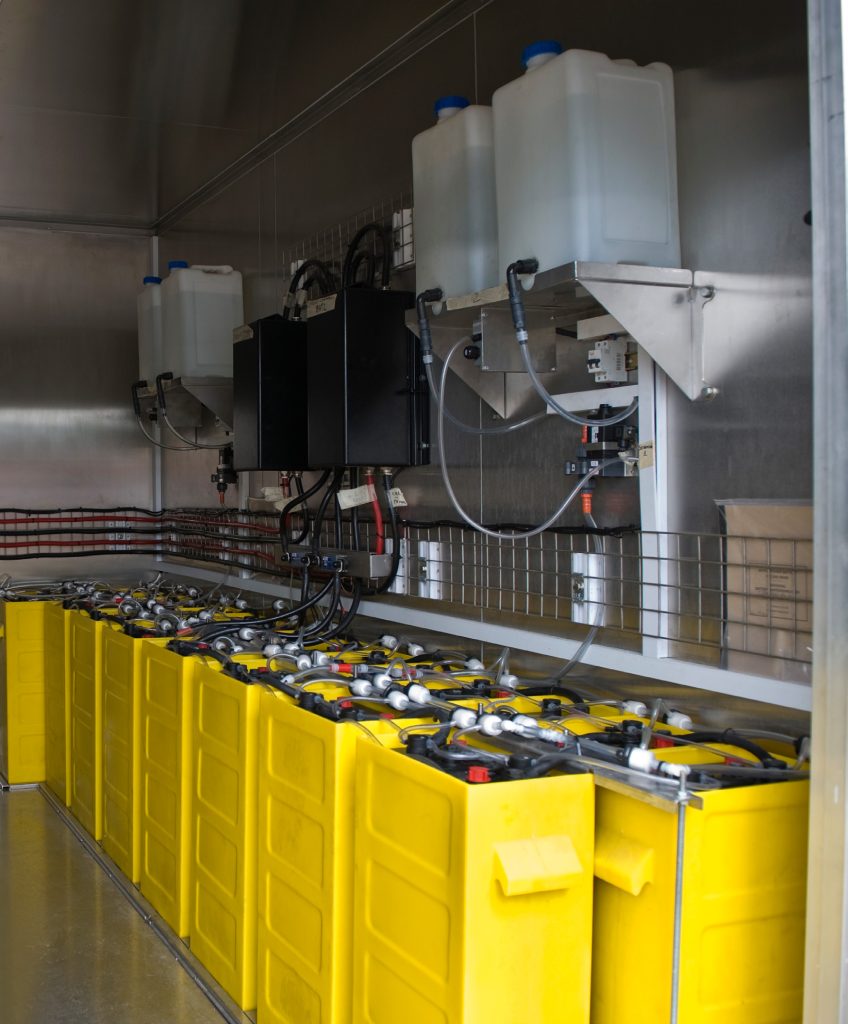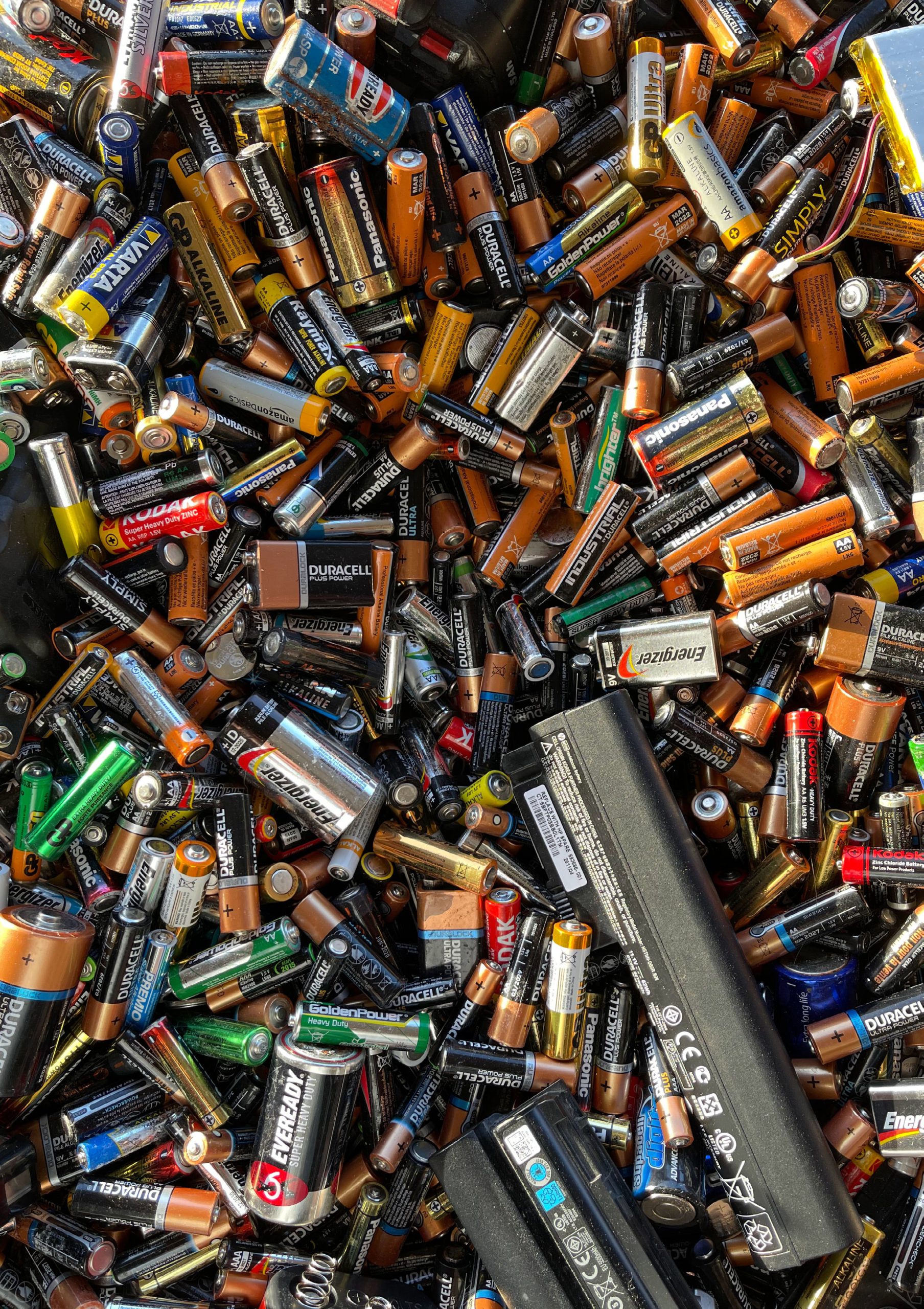Zimbabwe is home to some of the world’s largest deposits of lithium, which is essential for the production of lithium-ion battery systems. However, the development of battery storage systems in the country has been slow.
Some factors have contributed to this slow development. One factor is the lack of investment in the battery sector.
Zimbabwe has not attracted significant foreign investment in the battery sector, and the government has not made battery production a priority.
Another factor is the lack of skilled labour in Zimbabwe.
The country does not have a strong manufacturing sector, and there is a shortage of skilled workers with the skills necessary to produce lithium-ion batteries.
Finally, there are some challenges related to the mining and processing of lithium in Zimbabwe. The mining industry is often plagued by environmental problems, and the processing of these minerals can be energy-intensive.
Despite these challenges, there are some efforts underway to develop lithium-ion battery storage systems in Zimbabwe.

In 2020, the government of Zimbabwe launched the Zimbabwe National Battery Storage Strategy, which aims to promote the development of the battery sector in the country.
Several private companies are working on developing lithium-ion battery storage systems in Zimbabwe. For example, Chinese parent company Tsingshan Holdings reportedly plans to produce lithium-ion batteries through its Zimbabwean subsidiary Dinson Iron and Steel Company (Disco).
The development of battery storage systems in Zimbabwe has the potential to create jobs, boost economic growth, and reduce the country’s reliance on imported energy.
However, the slow development of this sector highlights the need for more investment, skilled labour, and improved mining and processing practices.
Here are some additional details about the challenges facing the development of lithium-ion battery storage systems in Zimbabwe:
- Lack of investment: There has been slow foreign investment in the battery sector making it difficult for companies to develop and commercialize lithium-ion battery storage systems.
- Lack of skilled labour: Zimbabwe does not have a strong manufacturing sector, and there is a shortage of skilled workers with the skills necessary to produce lithium-ion batteries. Due to the shortage of skilled labour companies have failed to set up and operate battery production facilities.
- Environmental challenges: The mining and processing of lithium can have a significant impact on the environment. In Zimbabwe, the mining industry is often plagued by environmental problems.
Optimism is high despite the above-stated challenges and if they can be overcome, Zimbabwe has the potential to become a major producer of lithium-ion batteries.
Text by Martin Chemhere

